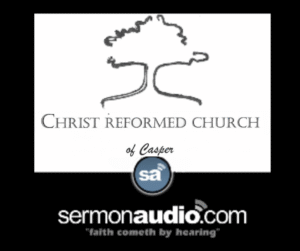Why Should We Worship God? He is Almighty, Part 2
“36 For of Him and through Him and to Him are all things, to whom be glory forever. Amen. (Rom 11:36 NKJ)” For of Him: The preposition which is translated “of” or “from” indicates source or origin. The object of the preposition is the source or the origin of whatever the writer is talking about. What is the prepositional phrase describing or modifying? The antecedent is “all things.” So the author, Paul, is telling us that “all things” originate with God. In what sense is that true? Jesus tells us that not a sparrow falls apart from the Father. Isaiah 46:10 tells us that GodRead More →

